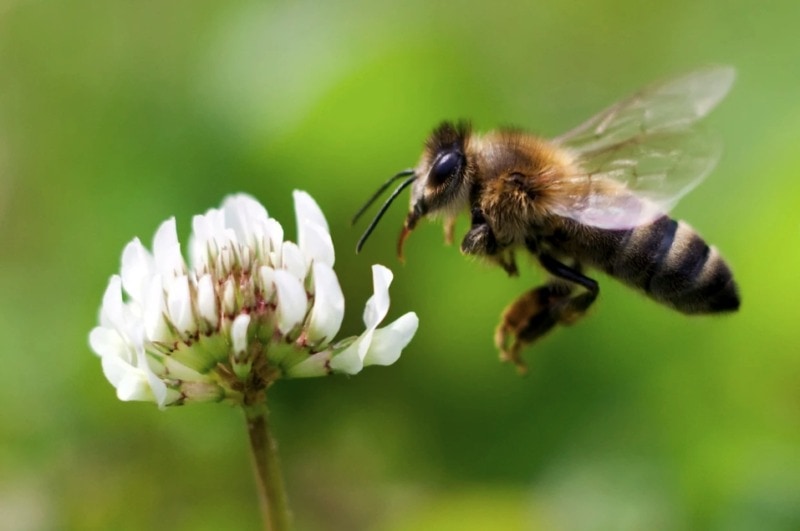
APPLETON, WISCONSIN — For the third straight year, Joan Ribbons won’t mow her lawn for an entire month.
“I chose to participate because I’m an environmentalist and [I’ve] been aware of the plight of the bees because I’m a beekeeper too,” the Appleton resident said.
She’s talking about No Mow May, an initiative to let grass grow to help pollinators. It started in the U.K., and Appleton was the first city in the United States to join the effort back in 2020.
“If we let resources come to flower, then our pollinators that are coming out of hibernation will have plenty of food to eat and get off on the right foot,” Lawrence University Assistant Professor of Biology Israel Del Toro said.
At least 25 other cities are now taking part.
“The first year that we participated in No Mow May, we actually found a five-fold increase in abundance of bees in No Mow May lawns relative to mowed areas,” Del Toro said.
In Northeast Wisconsin, other cities like Green Bay, De Pere, […]











What a great article! I hope more people who find swarms, will make a call to a local beekeeper. Most times, they will remove the hive safely, and incorporate them into new bee boxes for their own business.
I plant various flower bushes. Orange jubilee bushes, grow to make a 15-20 ft wall of flowers for the bees, butterflies, and hummingbirds.
I have gone a step further and planted flowers and have a lot of bees in my yard already, even at this early part of the year.